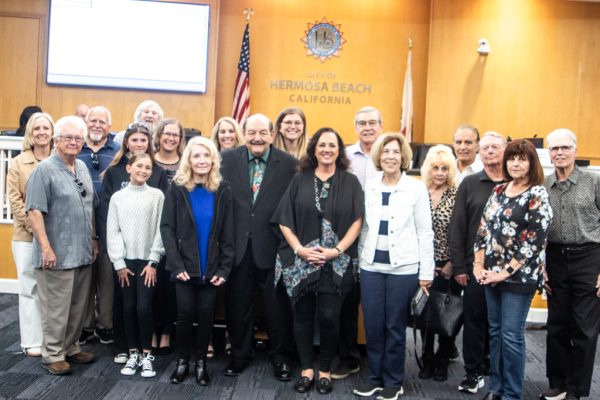A different Jobs plan
Much ink and many electrons have been spilled following the untimely death of Steve Jobs. Much of that discourse has focused on the primary area of his business life that he was expert…leadership.
I had some of my best and worst business meetings with him. I was not a friend, nor a close colleague, but during my days working with the people at Apple, the presence of Steve was everywhere. The pervasiveness came not just from his style of management which, truth be told, was often mercurial, volatile and, at times, difficult to abide.
However, the key element of his success during both of his stints there was the focus on the people who ultimately were going to choose whether or not the device Apple was selling fit into what they wanted. For this consumer-oriented touch, he is now touted as one of the great CEOs in American business history, a moniker with which I emphatically agree.
One of the major problems with government on all levels is the inability of people in office and in positions of management/power, to understand that they are not the users of their services. What they think only matters in how the product they are delivering, usually a service, not only serves the person it is meant for but also gets that person to a satisfactory goal.
Much of government decision-making is built on what worked before. In military terms, it is about generals fighting the last war, not the one they will be facing. The inability of elected and appointed officials to think outside that constraint stultifies government and makes it a scornful enterprise.
Political leaders who refuse to see how the world has changed condemn their citizenry to, ultimately, second class status. We see this in how our lack of focus on our physical and developmental infrastructure has left us with crumbling highways and providing our children with an education system that would be unacceptable in many of the developed countries in the world.
It is we, the public, who have not made it very clear to our leaders that they need to look forward, not backward. It is we who let them get away with making decisions because their lack of foresight is safe political behavior.
The 20th was America’s century because of the investments we made. The 21st won’t be because others have done what we did better. And, we have let them do this.
What we need to learn from Steve Jobs is that our political leaders must lead us into new ways of making government work for us in such a manner that we can, in fact, compete in a world of very smart, very aggressive national competitors. And, in doing so, they must understand that they may not have everyone on their side.
But, in fact, that’s what leadership is really all about. ER










